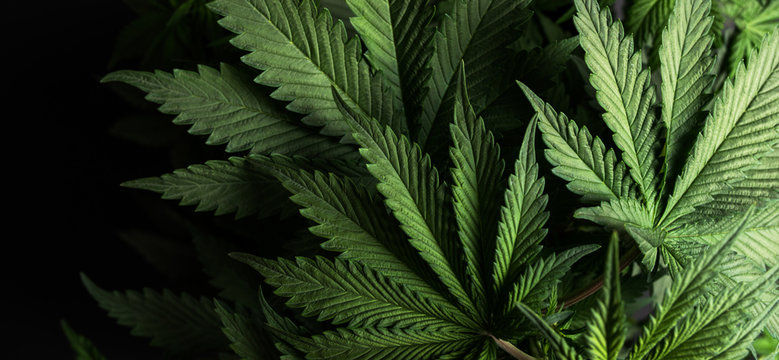CBD (cannabidiol) has become a popular ingredient in the health and wellness industry, but many people are still unsure about what it actually is and how it works. Here are the answers to the 10 most frequently asked questions about CBD.
1. What is CBD and Where Does it Come From?
CBD is a natural compound found in the cannabis plant, but unlike THC, it doesn't cause a "high." CBD is usually extracted from hemp, a variety of cannabis with very low THC content, making it safe and legal for use.

2. What Can CBD Do for You?
Some of the most common benefits people report from using CBD include:
- Stress Relief: CBD can help calm the nervous system.
- Better Sleep: Helps those with sleep difficulties.
- Pain and Inflammation Relief: Assists with mild to chronic pain and inflammation.
- Skincare: CBD's anti-inflammatory and antioxidant properties benefit the skin.
However, the effects of CBD can vary from person to person.
3. Is CBD Legal?
CBD is legal in many countries, but with specific regulations. In the UK, CBD must be derived from hemp and contain less than 0.2% THC. In the United States, CBD with less than 0.3% THC is generally legal, but some states have additional rules.
4. How Does CBD Work in the Body?
CBD interacts with the endocannabinoid system (ECS), which regulates various bodily functions like mood, sleep, and pain perception. Instead of binding directly to ECS receptors like THC, CBD encourages the body to produce its own cannabinoids.
5. What Are the Different Types of CBD Products?
CBD comes in many forms:
- Oils/Tinctures: Taken sublingually or added to food and drinks.
- Capsules: Convenient for precise dosing.
- Edibles: Gummies and chocolates offer an easy and tasty way to consume CBD.
- Topicals: Creams and balms for localized relief.
- Vape Products: For fast-acting effects, using a vape pen.
6. What’s the Difference Between Full-Spectrum, Broad-Spectrum, and CBD Isolate?
- Full-Spectrum contains all the natural compounds of hemp, including trace amounts of THC (below 0.2%).
- Broad-Spectrum is similar to full-spectrum but without THC.
- CBD Isolate is the purest form of CBD, containing only CBD and no other compounds.
7. How Do I Choose the Right CBD Product?
- Check Labels: Ensure the product meets legal THC limits and lists ingredients clearly.
- Look for Third-Party Testing: Choose products with Certificates of Analysis (COAs).
- Match to Your Needs: Select products based on your goals, whether for relaxation, sleep, or skincare.
- Start Low: If you’re new to CBD, begin with a low dose and gradually increase.
8. How Much CBD Should I Take?
CBD dosage varies depending on factors like weight, metabolism, and individual goals. A common recommendation is to start with 5-10 mg per day and adjust based on your experience.
9. Is CBD Safe? What Are the Side Effects?
CBD is generally safe, with mild side effects such as dry mouth, drowsiness, or changes in appetite. Always buy from reputable brands, and consult a healthcare provider if you are on medications, as CBD may interact with certain drugs.
10. Can CBD Affect a Drug Test?
Most drug tests focus on THC, not CBD. Since legal CBD in the UK contains less than 0.2% THC, the chance of failing a test is low. However, for peace of mind, choose broad-spectrum or CBD isolate products that contain no THC.
Conclusion
CBD offers a variety of potential benefits for both physical and mental wellness. With so many products available, there are numerous ways to integrate CBD into your daily routine. Always choose trusted brands, tailor your dosage to your needs, and enjoy the benefits as part of a balanced, holistic approach to well-being.

